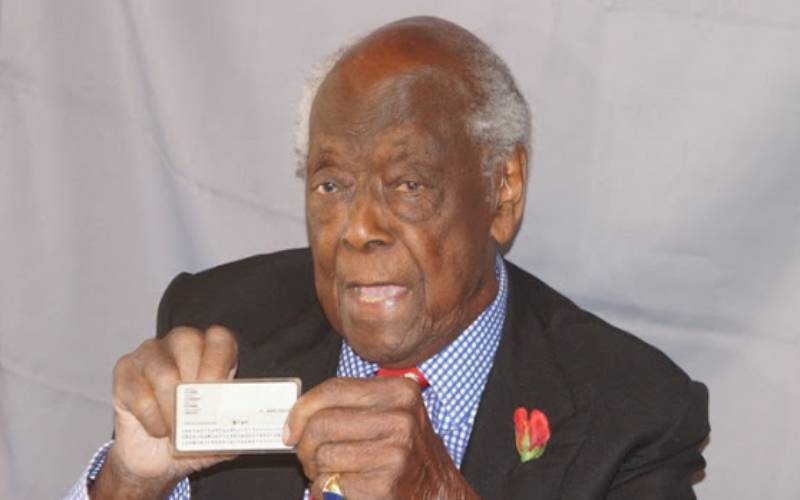×
The Standard e-Paper
Stay Informed, Even Offline

Charles Njonjo died aged 101 on January 2, 2022. [File, Standard]
The late former Attorney-General Charles Njonjo was not formally given the title ‘Sir’, though he was known in Kenyan circles as Sir Charles Njonjo.